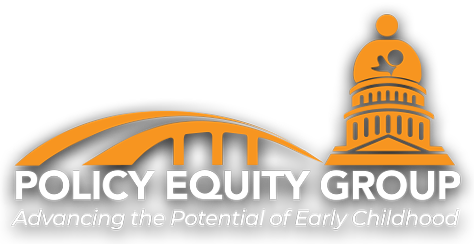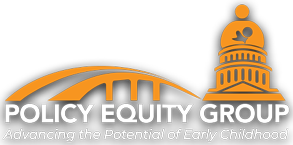Those of you who focus on racial equity and social justice will probably recognize the irony in titling a blog Equity Insider. Core to our collective work is the fight against exclusion, with a focus on ensuring that disenfranchised groups are brought into the decision-making processes and power structures where they have been historically marginalized. While the notion of being an “insider” may seem antithetical to equity, this is not the case when those who fight for racial equity and social justice are brought “inside” and given access to important information about government actions, resources, and opportunities that would not normally be available to them. That is the goal of this blog.
Withholding knowledge and information hoarding—whether intentional or not—are very real obstacles to promoting equity and perhaps the most insidious aspects of structural racism. These actions are particularly dangerous because they are almost impossible to address because we simply don’t know what we don’t know. Examples of these phenomena can be mundane—like not making Hill staffers’ emails readily available (have you ever tried to find the email of a Senate HELP committee staffer online?)—to more serious issues of not being able to find information about how to access emergency funding from Congress as part of a coronavirus stimulus package.
In reflecting on our work at the Policy Equity Group, and where we might be most helpful, we feel we can support racial equity and social justice in the field of early childhood by providing information through this blog that you may not otherwise have access to, given the way information flows through the current power structure. Equity is about the distribution and use of power, and information is a key mechanism of that power. We look forward to supporting the more equitable flow of information from D.C. to you.
You can expect the following content on the Equity Insider blog:
- Information on federal early childhood programs, funding, and policies that may be difficult to find elsewhere.
- Interviews with federal policymakers and staffers about their perspectives and approaches to equity in early childhood education.
- Opportunities to engage policymakers about early childhood policies to promote equitable outcomes for children.
We hope the information you find on this blog will inspire you, guide you, and help in your work promoting racial equity, social justice, and child well-being.
Sincerely,
The Policy Equity Group Team


